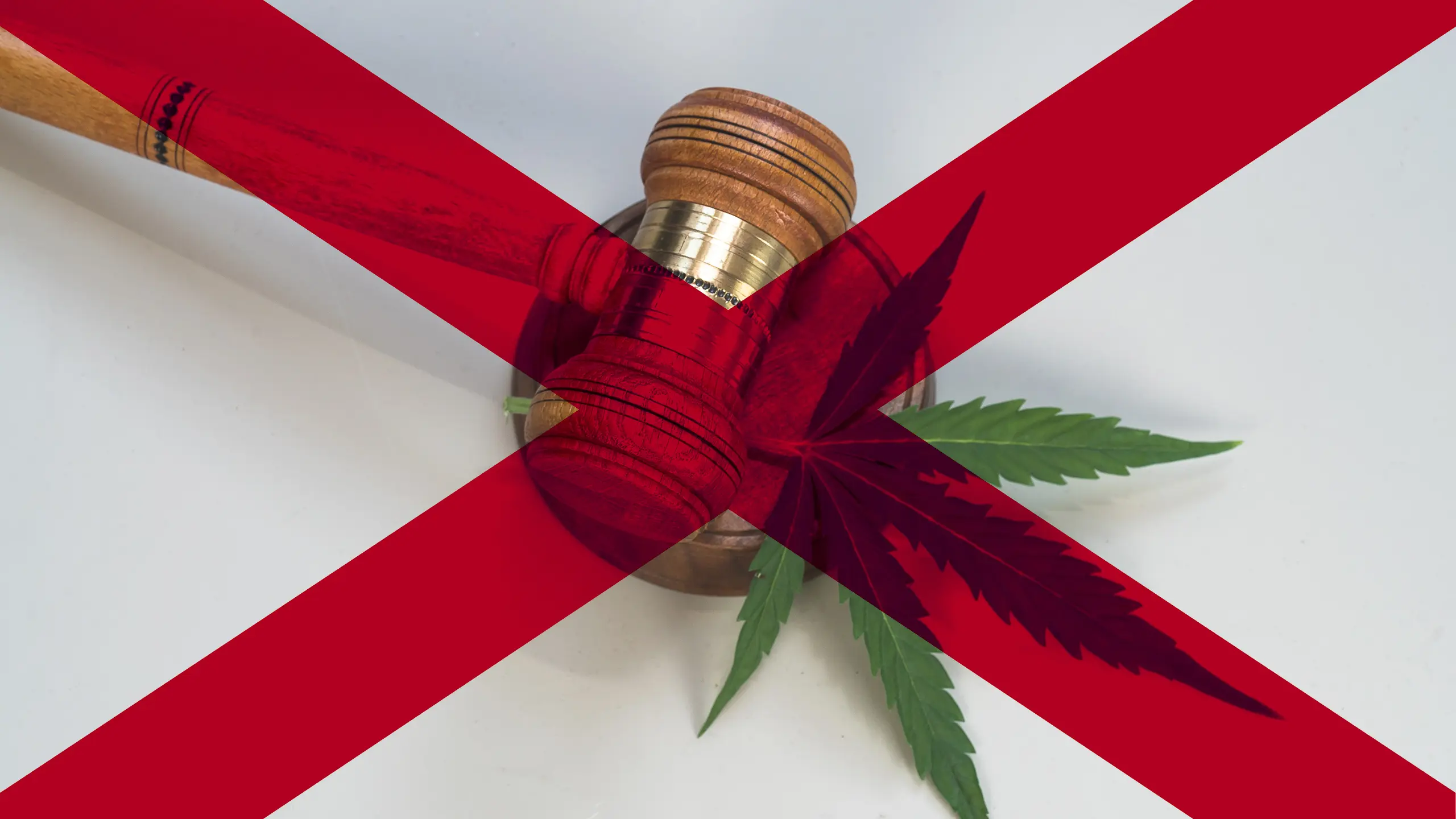|
Getting your Trinity Audio player ready...
|
It’s ridiculous that we’re still no closer to getting medical marijuana to patients than we were three years ago when the Alabama Legislature passed legislation allowing the process to begin.
In the meantime, Mississippi – yep, even Mississippi – has passed its own legislation and began distributing medical weed to folks who need it.
In Alabama, lawyers and bureaucrats were back in a Montgomery courtroom on Tuesday to argue about the bungled and botched process of awarding licenses. On one side were the attorneys representing some of the companies denied licenses. On the other were lawyers representing the Alabama Medical Cannabis Commission.
Outside of the courtroom after the hearing, attorney Will Somerville, who represents Alabama Always, LLC., summed things up rather nicely: “I think in one sense, we took a couple of steps forward and then maybe took one or two steps back.”
If there has been a better description of the entire AMCC licensing process, I’ve never heard it. That point was emphasized by yet another temporary restraining order halting the licensing process and a stay, requested by the AMCC, to the legal proceedings.
While the lawyers and Circuit Court Judge James Anderson went back and forth Tuesday over procedural issues, various motions and an overall plan for proceeding, one thing hasn’t changed about this case: This is not a complicated issue.
The Alabama Legislature put in place a set of rules that were to be followed by the AMCC when awarding licenses. The AMCC disregarded many of those rules.
It really is that simple.
Through all of this, that fact has remained constant and clear. Pick a requirement under the law and it’s almost certain that one of the applicants awarded an integrated license failed to meet that requirement.
That’s not hyperbole. It’s a documented fact.
Now, why that is – and why the process was so monumentally screwed up – I don’t know. Some with inside knowledge have suggested it was simple incompetence. Others with similar knowledge have suggested that shenanigans are afoot.
But no matter the cause, there is zero denying that the process was screwed up.
In addition, the AMCC (partly because of the way the Legislature crafted the law) also didn’t comply with the Alabama Administrative Procedures Act. And as Anderson mentioned on Tuesday, one big failure was not allowing a viable avenue for applicants denied a license to challenge those decisions.
Under the current setup, the AMCC would name the winners and then award the licenses, allowing those companies to start business. At that point, the other companies could challenge the decisions.
Anderson said he was troubled by that setup, because it doesn’t really provide a meaningful challenge. Additionally, those awarded the licenses don’t have a fair way to defend themselves.
Somerville said after the hearing that attorneys want to implement a hearing system in which companies denied a license – now, and moving forward at future licensing intervals – can go before an administrative law judge and present evidence at a hearing. At that hearing, companies awarded licenses would be able to provide their own evidence and defend themselves.
That seems more fair – and a hell of a lot faster – than what we’re doing now.
And for the life of me, I don’t understand why the AMCC is fighting so hard against these things. I mean, why do the commissioners and staff care what the process is, so long as it follows the law and moves this along?
If the goal here is to provide a fair and equitable system for awarding a limited number of licenses, and you have a judge and a whole gaggle of attorneys telling you that this other way will limit controversy, cut down on challenges, make the process more fair and finally get medical weed to people who need it, then why aren’t you just doing that?
But then, that’s been the question all along, hasn’t it? Along with many others.
Why didn’t the AMCC staff just follow the rules? Why didn’t the AMCC treat everyone the same? Why didn’t the AMCC follow the Open Meetings Act? Why didn’t the AMCC follow the Alabama Administrative Procedures Act? Why is the AMCC fighting so hard against a process that would simply follow the law as written?
Maybe the upcoming discovery in the case will help answer some of those questions. But for those struggling with debilitating diseases and in desperate need of the relief brought by medical marijuana, those answers don’t matter much. Getting the product out is all that does.
And in that regard, we’re still doing the worst kind of two-step.


















































